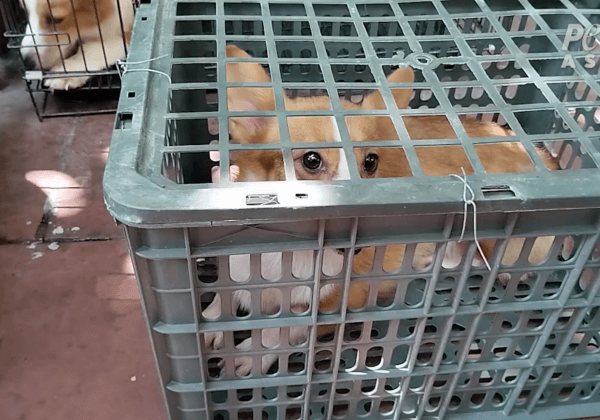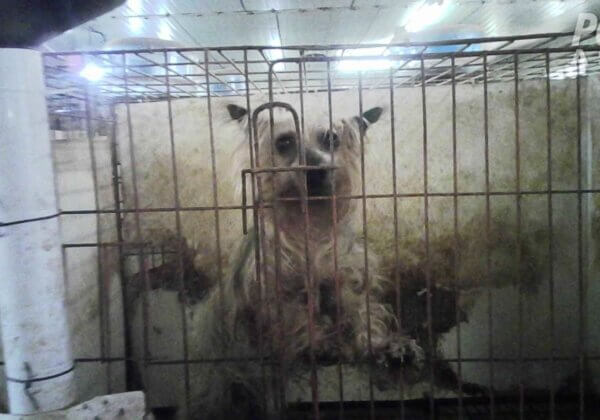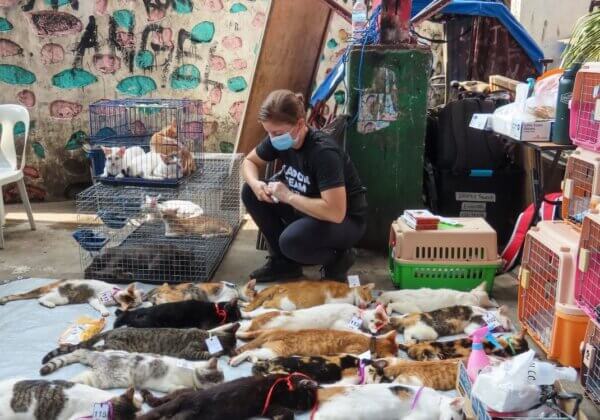Companion Animal Overpopulation
Every year, millions of unwanted dogs and cats enter animal shelters around the world. Some of them are lucky enough to be adopted into loving, responsible, and permanent homes. But there are far more in need of a caring family than there are people who are willing and able to provide them with a forever home and a lifetime of care.
Why are there so many unwanted cats and dogs? There are three main reasons:
- People still buy animals from breeders and pet stores (and therefore also support cruel puppy mills) instead of adopting homeless animals.
- People fail or refuse to spay or neuter their dogs and cats, who then reproduce, creating enormous numbers of kittens and puppies
- People acquire animals without considering the lifetime commitment that caring for them requires. Eventually, many owners turn their backs on their loyal animal companions when they become “inconvenient” or “too much work.”
Prevention Is Key
Spaying and neutering are the most important things that we can do to save cats and dogs from the suffering and death caused by their overpopulation. Desexing can prevent thousands of animals from being born only to suffer and struggle to survive on the streets, be abused by cruel or neglectful people, or be euthanized in animal shelters because there aren’t enough loving homes.
Sterilized animals live longer, happier lives. Spaying eliminates the stress and discomfort that females endure during heat periods, prevents uterine cancer, and greatly reduces the risk of developing mammary cancer. Neutering makes males far less likely to roam or fight, prevents testicular cancer, and reduces the risk of developing prostate cancer. Altered animals are less likely to contract deadly, contagious diseases such as feline AIDS and feline leukemia, which are spread through bodily fluids.
Not only is desexing animals humane, it’s also beneficial to the community. The one-time cost of spaying or neutering is far lower than the expenses involved in rounding up strays, feeding and housing abandoned animals, and euthanizing those for whom homes can’t be found.
Spaying and neutering makes a big difference: Just one unaltered female cat and her offspring can produce 370,000 kittens in only seven years!
What You Can Do
The companion-animal overpopulation crisis can be overwhelming, but solving it starts at home. Prevent more animals from suffering by signing PETA’s pledge to have your animal companions spayed or neutered.










